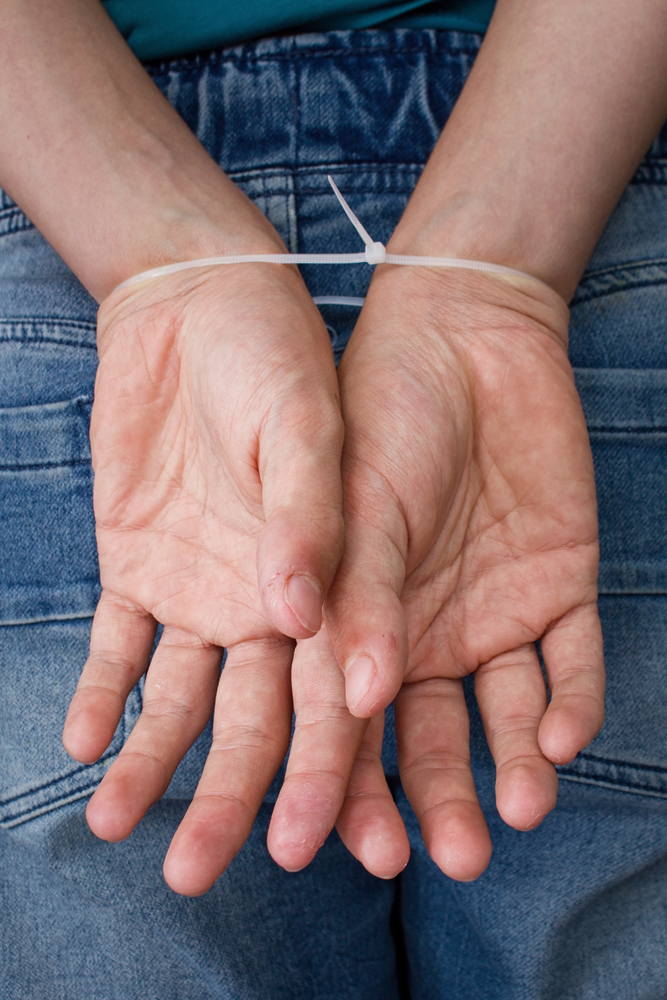Content
Adult children of alcoholics may feel the fear, anxiety, anger and self-hatred that lives on from their childhood. They might notice the old coping mechanisms and behaviors leaking out in adulthood—the people-pleasing, controlling behavior, approval-seeking, or judgment of self and others. In one study of over 25,000 adults, those who had a parent with AUD remembered their childhoods as “difficult” and said they struggled with “bad memories” of their parent’s alcohol use. This could even be experienced as post-traumatic stress disorder (PTSD), similar to people who had different traumatic childhood experiences. A The individual logistic models for parental alcoholism, number of adverse childhood experiences, and a personal history of alcoholism are adjusted for the age, race, sex, and education of the respondent.
You probably didn’t get a lot of affirmation from your alcoholic parent. They may have emotionally neglected you and even belittled you and your interests. You may constantly seek approval in relationships and have difficulty having fun. You don’t think you deserve to be happy, have a healthy relationship, or take good care of yourself. These are effects that adversely compromise adult relationships as well as your sense of self. The Danish antenatal care recommendations stipulate that, in order to determine whether women should receive basic or extended ANC services, a comprehensive record of women’s medical history should be collected [22].
How to Help an Alcoholic Parent?
If a therapist consistently responds in a compassionate manner to a client’s manifestation of suffering, the client can begin to internalize self-empathy and strive toward self-soothing. The client may not take total ownership of reactions to childhood abuse and neglect. As flashbacks decrease, the defenses, in the form of narcissism, obsessive-compulsive disorder, codependence, and the like, also start to crumble. With therapy and support, ACOAs can make changes in their life and treat the underlying PTSD and trauma. Talk therapy one-on-one or group counseling, somatic experiencing, and EMDR are highly effective in addressing the signs of trauma and developing new, healthy coping mechanisms.
Comparing these symptoms of complex PTSD to those features of adult children of addiction reveals striking similarities (see Table 1). The effects of parental alcoholism can be severe, and in some cases, so profound that they last a lifetime. Without addressing these lasting effects, a range of issues can develop, including trust and mental health issues. It is extremely difficult for a child to grasp the magnitude of addiction and the impact it can have on someone they love. From an early age, children of parents struggling with AUD are shown that they cannot rely on their caregivers; thus, they have difficulty building trust and positive relationships with others.
Mental Health Services
This category describes how having alcoholic parents affected women’s confidence in others, as well as the character of women’s social relations during their childhood and in adult life. Daughters of alcoholic fathers often feel a great deal of anger, resentment, hurt and distrust that impacts their life and relationships as an adult. Even if your father is already sober and has changed his destructive behaviors, that doesn’t mean that the hurt and the pain you have been carrying since childhood will simply disappear. Getting individual therapy or attending therapy with your parent can help you work through these issues.

Children largely rely on their parents for guidance learning how to identify, express, and regulate emotions. But a parent with AUD may not have been able to offer the support you needed here, perhaps in part because they experienced emotional dysregulation themselves. All of these behaviors can make it more difficult to form healthy, satisfying relationships. “Adult children of parents with AUD may find closeness with others somewhat uncomfortable given a deep-rooted fear that becoming connected to someone else means a significant risk of emotional pain,” says Peifer. What’s more, children who had to act as parents to their own parents may go on to believe it’s their responsibility to take care of others, which can lead to codependent relationships. For example, if you couldn’t depend on your parent to feed you breakfast or take you to school in the morning, you may have become self-reliant early on.
Healing from growing up with an alcoholic dad
Maybe, you found yoga to stretch and relax, but now it has become your safe place. However, even still, you’ve always felt like something isn’t right or something is missing. As a creative therapist in Niantic, Connecticut, our team specializes in complex PTSD.
What are the negative psychological effects of alcoholism?
Alcohol abuse can cause signs and symptoms of depression, anxiety, psychosis, and antisocial behavior, both during intoxication and during withdrawal. At times, these symptoms and signs cluster, last for weeks, and mimic frank psychiatric disorders (i.e., are alcohol–induced syndromes).
Respondents with higher ACE scores were more likely to have a personal history of alcoholism. Furthermore, among respondents with similar ACE scores, the prevalence of alcoholism was substantially higher among those who had alcohol-abusing parents than among those who did not. We fit a generalized linear model with binomial errors and identity link to the prevalence data and found no evidence that parental alcohol abuse modified the relationship between ACE score and a personal history of alcoholism.
Anxiety
Furthermore, a total of 12 participants is a limited number with which to explore a phenomenon. Organisational factors related to a limited number of antenatal visits, time restrictions, and antenatal care providers’ high task loads impacted the women’s ANC encounters negatively. The WHO recommendations for ANC stipulate that ANC should take place in a well-functioning health system and that a minimum of eight ANC visits has been shown to increase women’s satisfaction with ANC [41]. In addition, the WHO emphasize that ANC providers must have good clinical and communication skills. The WHO also recommends midwifery-led continuity-of-care models (caseload midwifery), in which, for example, a small group of two or three midwives working in teams provide antenatal care for a number of women.
Knowing all the possible dangers is important to a hypervigilant person, even though these dangers may not be real. It is likely that hypervigilance stems from the shame and pain an individual experienced in their childhood with alcoholic parents. Because of this, children may have had to become aware of all potential dangers at a young age; this can turn into using. Children of alcoholics will eventually grow up to become adults, but the trauma can linger for years.
Are You A Type A Person, Perfectionist? Log To Be Great At What You Do?
PTSD, as we know it in the DSM-IV, is a reaction to a prescribed event, usually a one-time specific and defined trauma such as war, rape, or a natural disaster. Recurrent, intrusive images or recollections of the event, sometimes dissociative episodes, are symptomatic of PTSD. Whether you are currently struggling https://stylevanity.com/2023/07/top-5-questions-to-ask-yourself-when-choosing-sober-house.html with alcohol, trauma, or both, help is available. If you’re ready to take the next step or inquire on behalf of a loved one, please speak with an admission specialist. They will help guide you towards a brighter, more productive future — one that allows you to break free from the chains of addiction.




